Join #butnotmaternity and stop the trauma of women giving birth alone
Maternity care during a pandemic = confusion and inequality. That's what midwife Lesley Gilchrist believes and why #butnotmaternity is demanding the government relax hospital restrictions
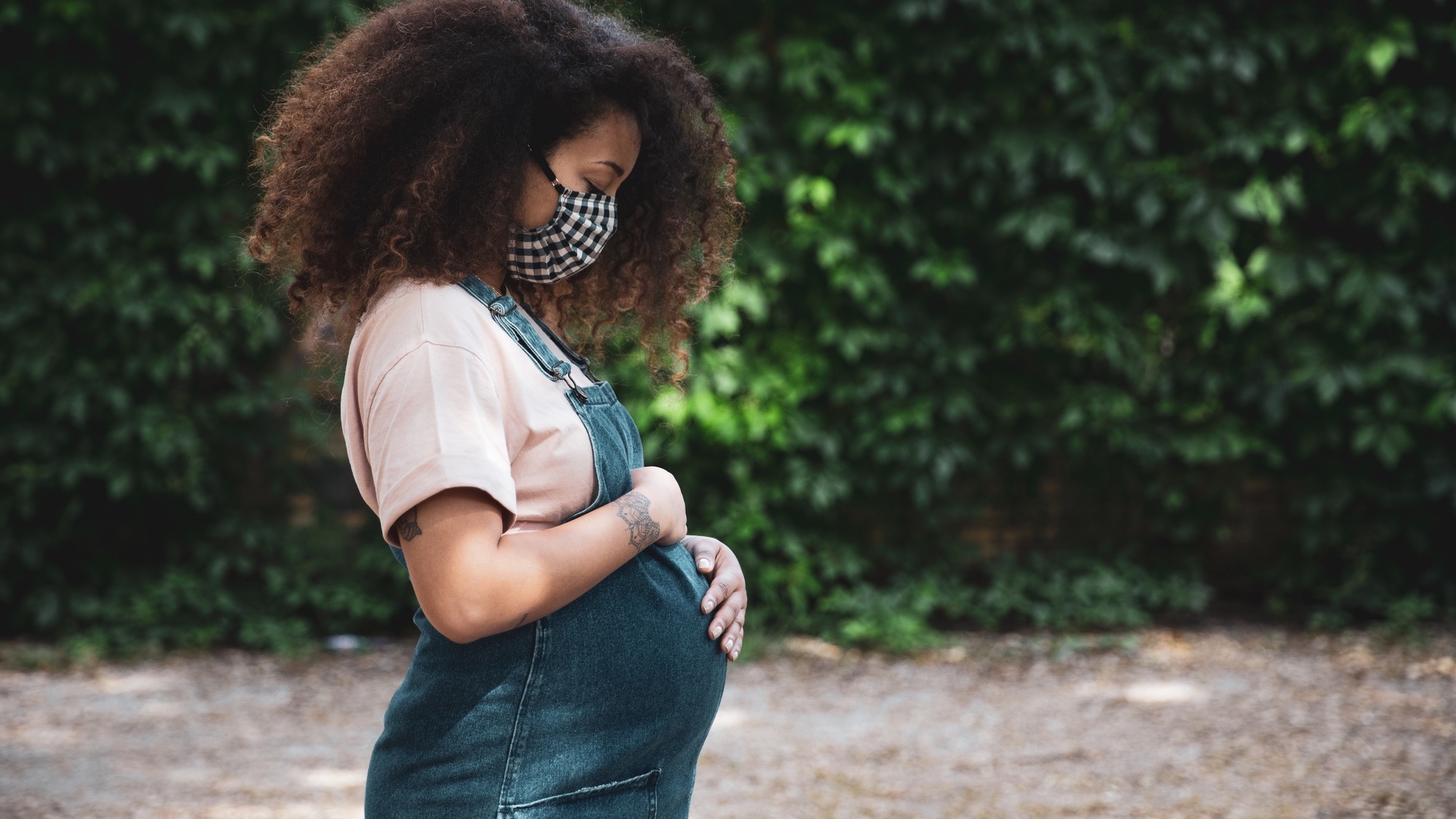

Maternity care during a pandemic = confusion and inequality. That's what midwife Lesley Gilchrist believes and why #butnotmaternity is demanding the government relax hospital restrictions
You've probably read the heartbreaking stories. The posts from parents revealing their shocking experiences online tagged as #butnotmaternity on Twitter and Instagram. Lockdown restrictions may have eased elsewhere but birth partners are still not allowed to attend scans, or be with their partner until the woman is a certain amount of centimetres dilated in labour.
After giving birth, partners are not even allowed to visit, aside from restricted hours. Given that pubs, shops and restaurants are open, this situation doesn't seem to make any sense.
Why #butnotmaternity matters
Making the government take notice is the #butnotmaternity campaign, orchestrated by numerous maternity advocates. And behind it is a relentless and co-ordinated effort. Maternity advocates such as Birth Rights, midwives, doctors, sonographers, doulas and other birth workers are campaigning tirelessly, along with #butnotmaternity, to change the situation caused by Covid-19 guidelines.
Forced to give birth alone
Stories of partners missing the birth of their babies are not uncommon. Or stories of women who miscarry or go through traumatic births alone. And if you think that's sad and shocking, what about women forced to hear devastating, and unexpected, news alone at their scans. This is why the success of #butnotmaternity campaign is vitally important for pregnant mothers and their birth partners.
At the time the restrictions were imposed, these measures were seen as necessary. Healthcare workers and patients need to be protected. Right? Yes. But now we know more about coronavirus. So, in June, the government did lift restrictions but the guidance, according to campaigners, is neither clear nor direct.
Help the hospitals
Some hospitals efficiently and safely lifted restrictions. But many hospitals could not - citing issues with logistics. There are many NHS hospitals where social distancing can not be safely accommodated without costly remodifications.
Marie Claire Newsletter
Celebrity news, beauty, fashion advice, and fascinating features, delivered straight to your inbox!
Basically, it's now a postcode lottery for pregnant women with regards to their birthing experiences. And, as campaigners point out, that's a pretty intolerable state of affairs.
One campaigner, Lesley Gilchrist, a registered midwife and co-founder of My Expert Midwife explains why relaxing the restrictions is vital. And why protecting women's mental health and women's rights is central to the #butnotmaternity campaign.
'Currently, women and their families are suffering. I'm seeing their mental health affected and partners struggling to bond with their babies. The herculean effort made, over many years, by those advocates for women’s rights cannot be allowed to back slide.
Decades ago partners rarely attended appointments and even fewer attended the birth. Women had little say in their care and passively accepted that midwives and doctors’ knew best. Thankfully, we now encourage women to empower themselves with information and education on pregnancy and birth.
Women need control
Birth partners, such as doulas, offer emotional support to women and their partners during labour. Women are conditioned to rely on that support during labour. It's all part of the big plan; having control over your pregnancy and birth through having choices in your care.
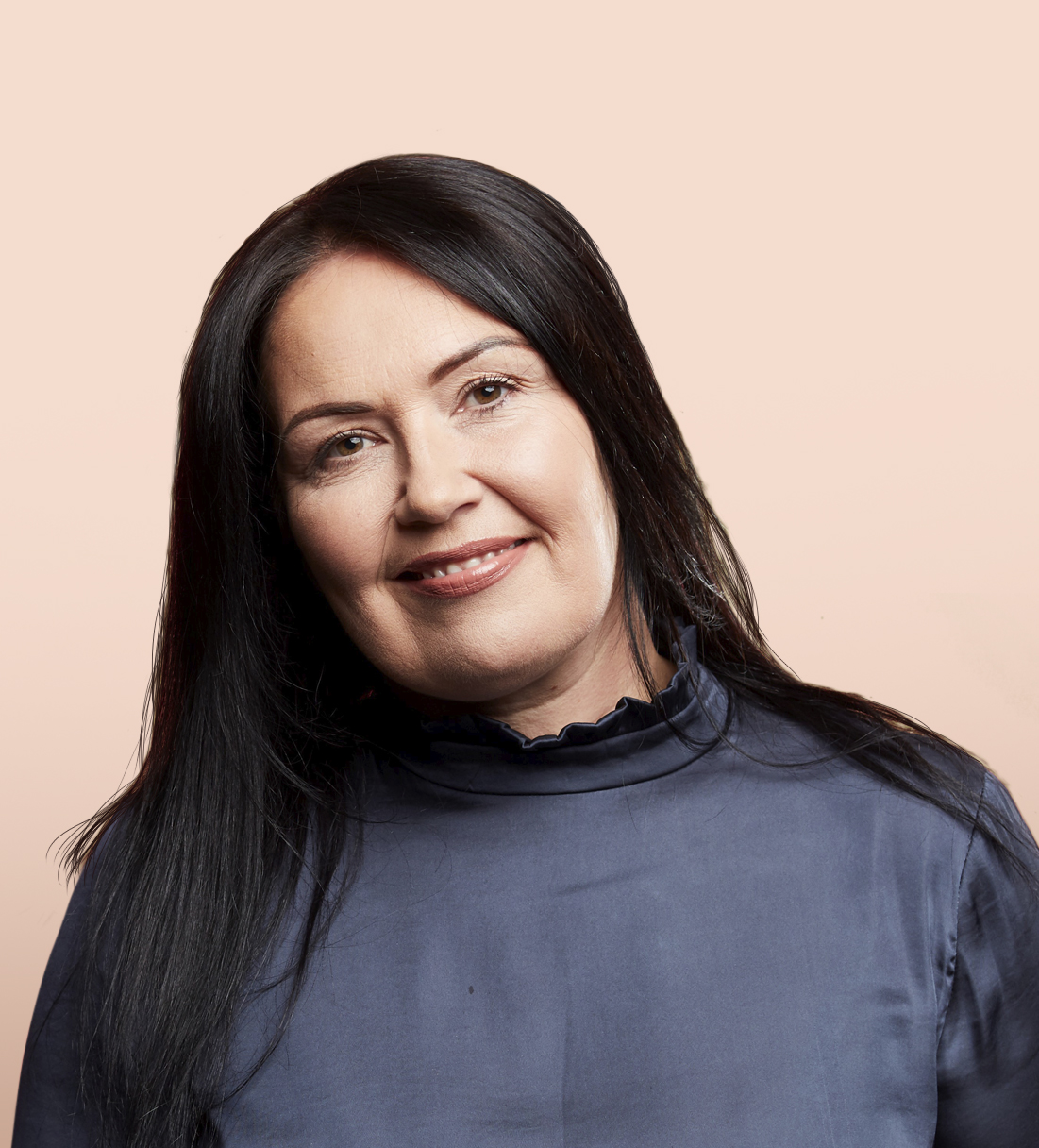
But in March 2020 everything changed. Now women are labouring alone on antenatal wards until their birth partners are finally allowed in. Women are attending scan appointments alone. And for some, they're giving birth alone. My Expert Midwife’s social media feed is inundated with examples of these harrowing stories.
Restrictions must end
To make things easier during lockdown, we were advising women to use FaceTime to record their scans and share them with partners afterwards. But many birth professionals, including midwives, doctors and sonographers, were told their hospital’s legal department couldn't approve these devices. Apparently, government guidance on their use is unclear.
The government needs to take action now to help those hospitals that cannot lift restrictions to do so. They also need to give clear, concise and unambiguous guidance on the use of FaceTime and recording devices. Our frustration and helplessness at this situation is palpable.'
How to support #butnotmaternity campaign
A Change.org petition started by Holly Avis, Partners allowed for entirety of labour/birth in ALL hospitals, has had almost 330,000 signatures at the time of publishing this story. You can sign it here.
If you want to influence how your maternity care is delivered to you, get involved with your local MVP (Maternity Voices Partnership). You can find your local MVP here.
Write to your MP. You may find these BirthBliss guidelines useful.
You can also feedback your experience of maternity care to your hospital via PALS (Patient Advice and Liaison Services), their HoM (Head of Midwifery) or directly to your hospital’s Chief Executive.
Maria Coole is a contributing editor on Marie Claire.
Hello Marie Claire readers – you have reached your daily destination. I really hope you’re enjoying our reads and I'm very interested to know what you shared, liked and didn’t like (gah, it happens) by emailing me at: maria.coole@freelance.ti-media.com
But if you fancy finding out who you’re venting to then let me tell you I’m the one on the team that remembers the Spice Girls the first time round. I confidently predicted they’d be a one-hit wonder in the pages of Bliss magazine where I was deputy editor through the second half of the 90s. Having soundly killed any career ambitions in music journalism I’ve managed to keep myself in glow-boosting moisturisers and theatre tickets with a centuries-spanning career in journalism.
Yes, predating t’internet, when 'I’ll fax you' was grunted down a phone with a cord attached to it; when Glastonbury was still accessible by casually going under or over a flimsy fence; when gatecrashing a Foo Fighters aftershow party was easy-peasy-lemon-squeezy and tapping Dave Grohl on the shoulder was... oh sorry I like to ramble.
Originally born and bred in that there Welsh seaside town kindly given a new lease of life by Gavin & Stacey, I started out as a junior writer for the Girl Guides and eventually earned enough Brownie points to move on and have a blast as deputy editor of Bliss, New Woman and editor of People newspaper magazine. I was on the launch team of Look in 2007 - where I stuck around as deputy editor and acting editor for almost ten years - shaping a magazine and website at the forefront of body positivity, mental wellbeing and empowering features. More recently, I’ve been Closer executive editor, assistant editor at the Financial Times’s How To Spend It (yes thanks, no probs with that life skill) and now I’m making my inner fangirl’s dream come true by working on this agenda-setting brand, the one that inspired me to become a journalist when Marie Claire launched back in 1988.
I’m a theatre addict, lover of Marvel franchises, most hard cheeses, all types of trees, half-price Itsu, cats, Dr Who, cherry tomatoes, Curly-Wurly, cats, blueberries, cats, boiled eggs, cats, maxi dresses, cats, Adidas shelltops, cats and their kittens. I’ve never knowingly operated any household white goods and once served Ripples as a main course. And finally, always remember what the late great Nora Ephron said, ‘Everything is copy.’
-
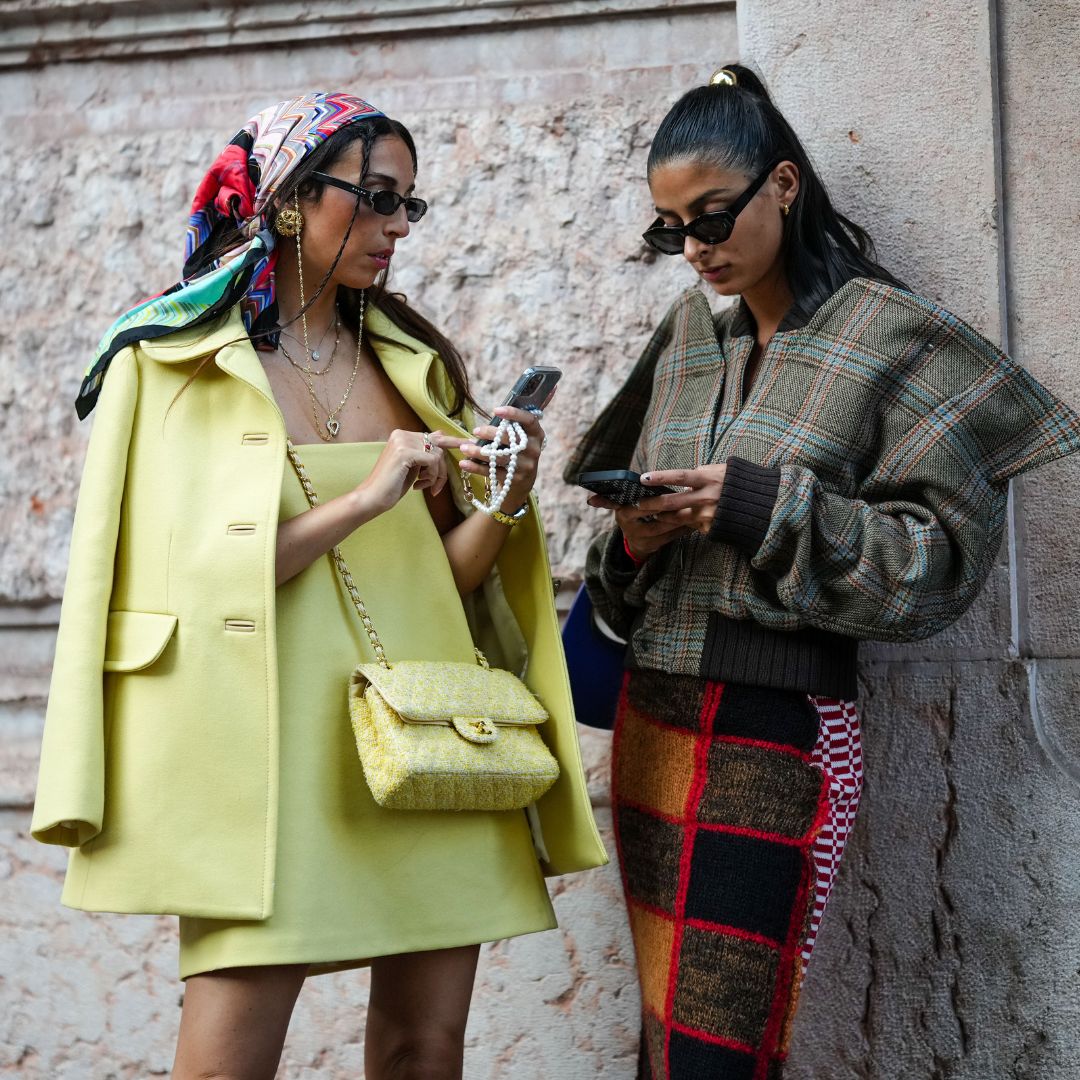 Mytheresa is having a secret sale right now and these are the 11 cult items I'm eyeing
Mytheresa is having a secret sale right now and these are the 11 cult items I'm eyeingIncluding the designer bag that was everywhere at Milan Fashion Week
By Clementina Jackson
-
 Prince Harry reportedly extended an 'olive branch' to Kate and William on latest UK trip
Prince Harry reportedly extended an 'olive branch' to Kate and William on latest UK tripBig if true
By Iris Goldsztajn
-
 How Prime Video is protecting Blake Lively amid her new movie promo
How Prime Video is protecting Blake Lively amid her new movie promoAn understandable move
By Iris Goldsztajn
-
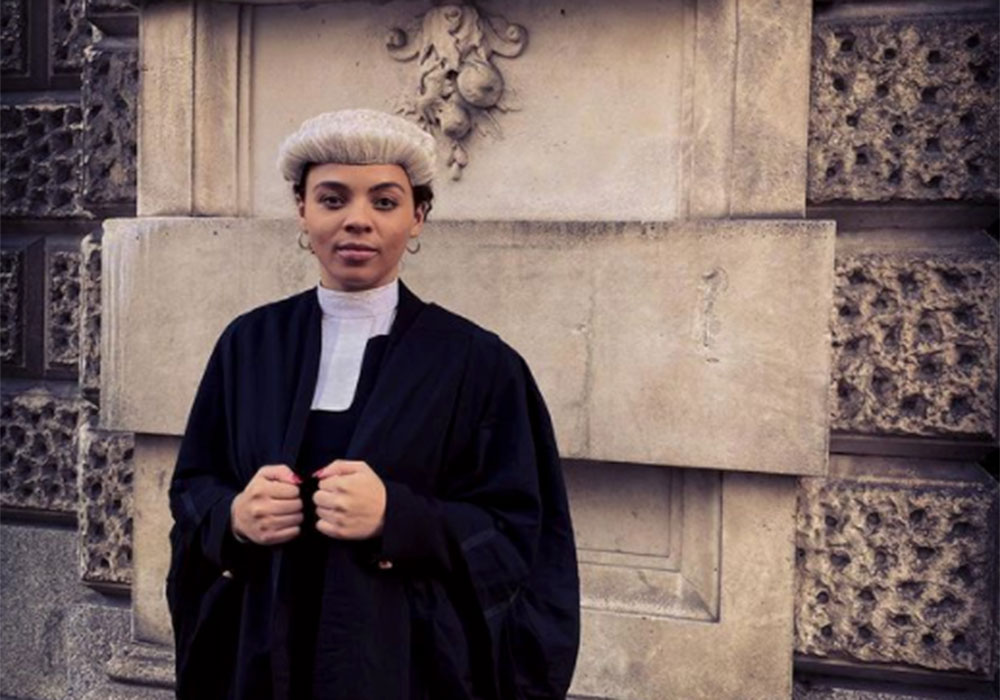 "I'm a Black barrister working in a broken justice system"
"I'm a Black barrister working in a broken justice system"Alexandra Wilson is a 26-year-old barrister speaking out about sexism, racism and class inequality at the very heart of the legal system. She shares her disturbing experiences, and why activism will make a difference.
By Alexandra Wilson
-
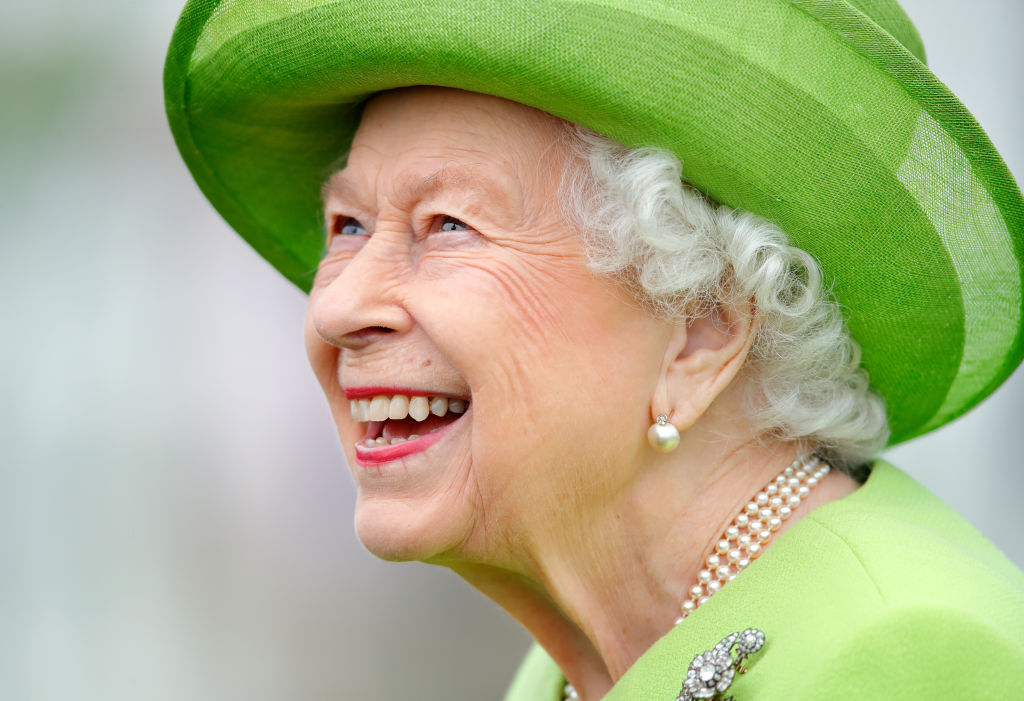 Feeling sad this week? Learn about the 5 steps of grief, plus how to avoid it consuming you
Feeling sad this week? Learn about the 5 steps of grief, plus how to avoid it consuming youAs the nation mourns Her Majesty The Queen.
By Ally Head
-
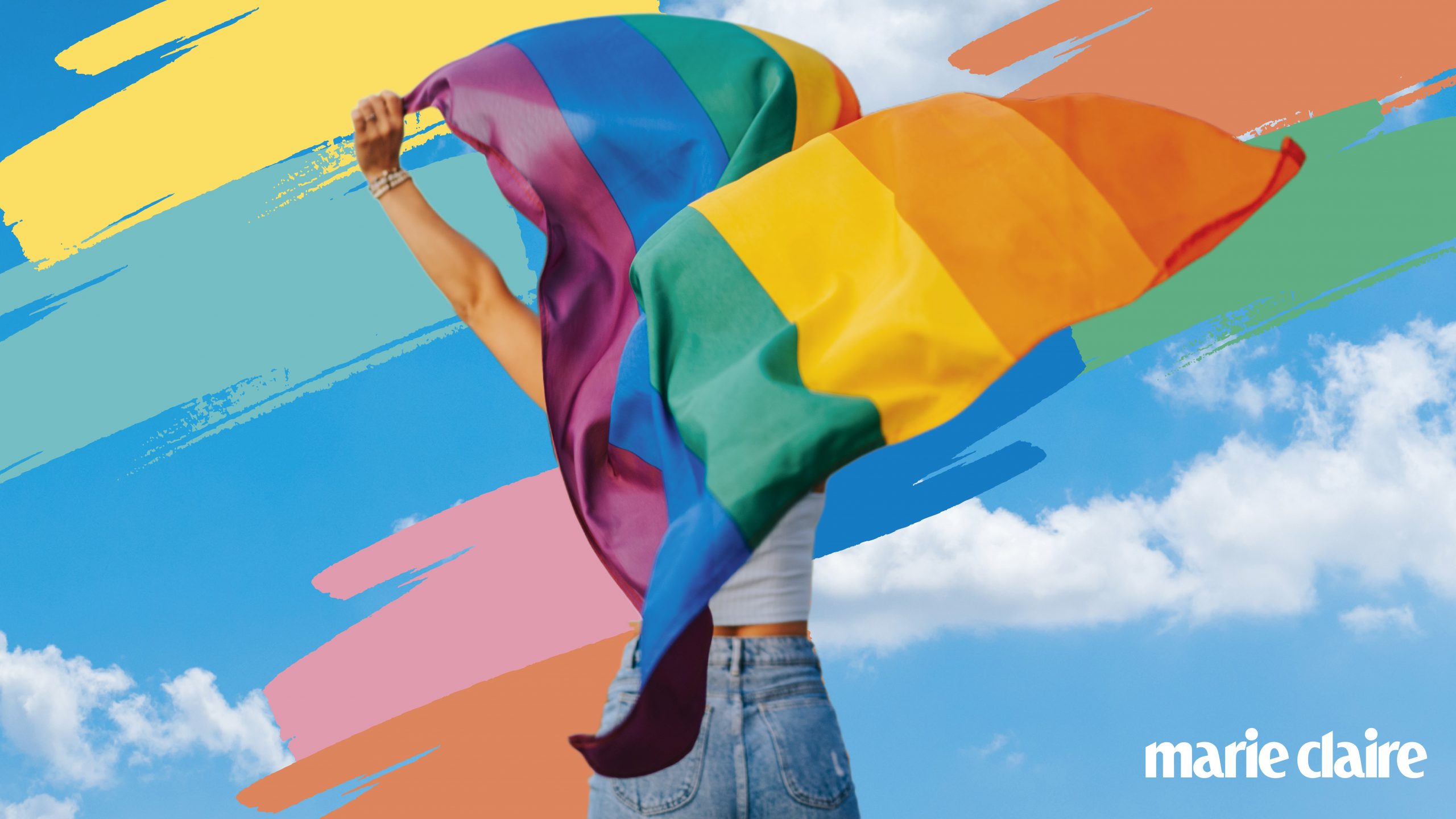 Pride events: 7 IRL and virtual celebrations to add to your calendar for 2021
Pride events: 7 IRL and virtual celebrations to add to your calendar for 2021Ready to celebrate?
By Rosie Grant
-
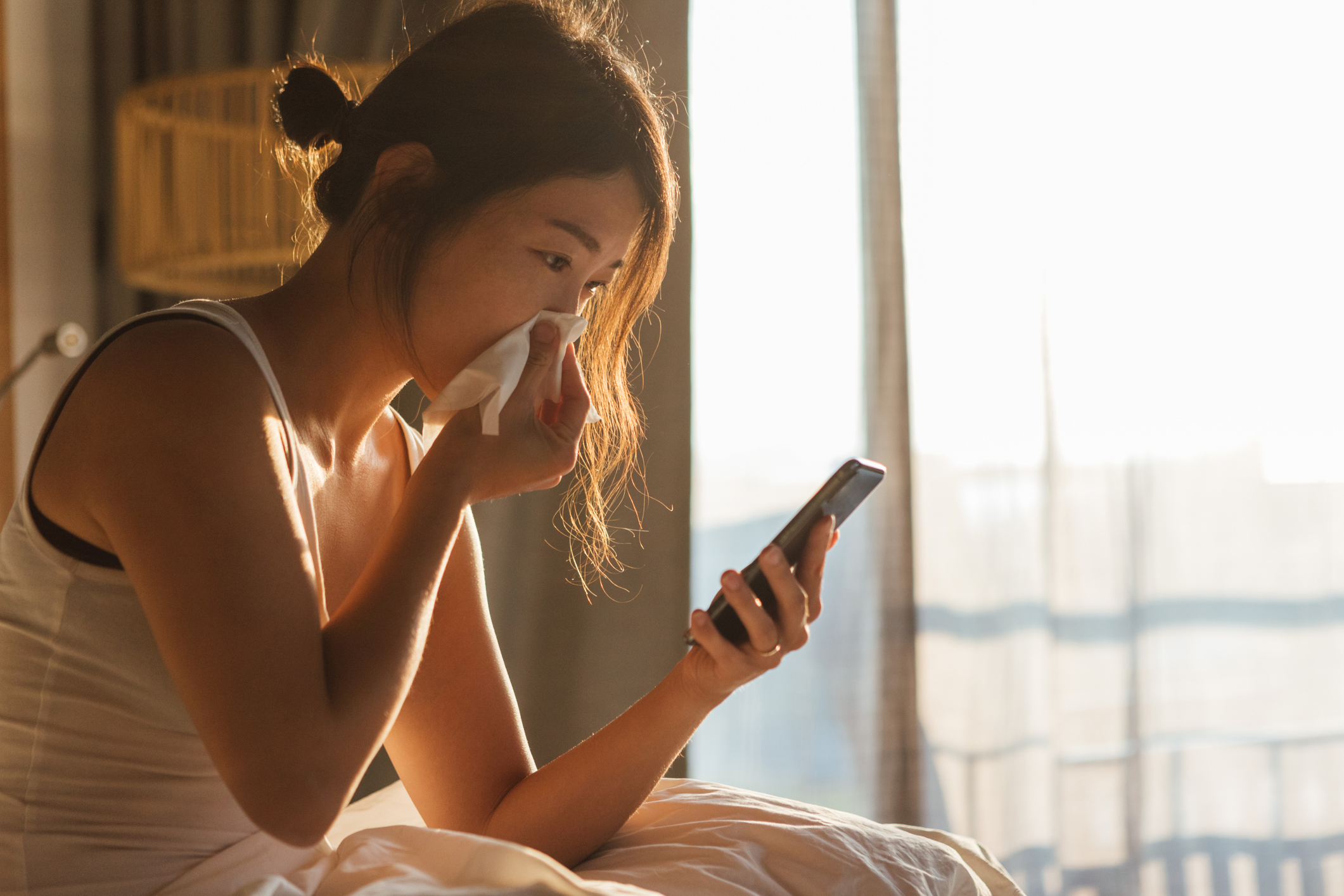 Coronavirus versus cold symptoms: How to know whether you've got COVID 19 or a common cold
Coronavirus versus cold symptoms: How to know whether you've got COVID 19 or a common coldThis is important. Read guidance from the experts now.
By Ally Head
-
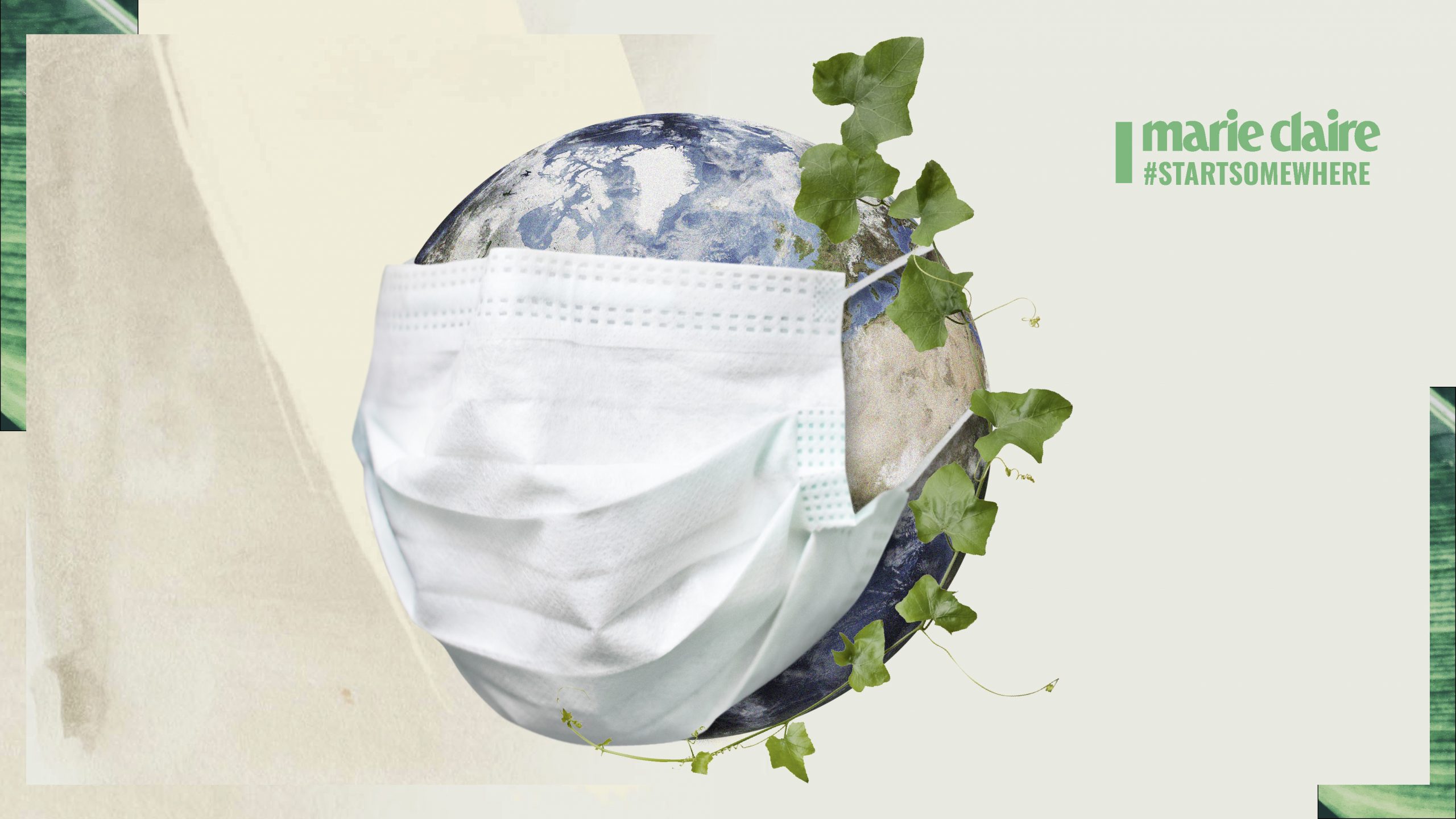 How COVID-19 made us forget our morals on plastic
How COVID-19 made us forget our morals on plasticPre-pandemic, we cared about our habits of plastic use. Lockdown changed all that - but it's not too late to continue the fight
By Olivia Adams
-
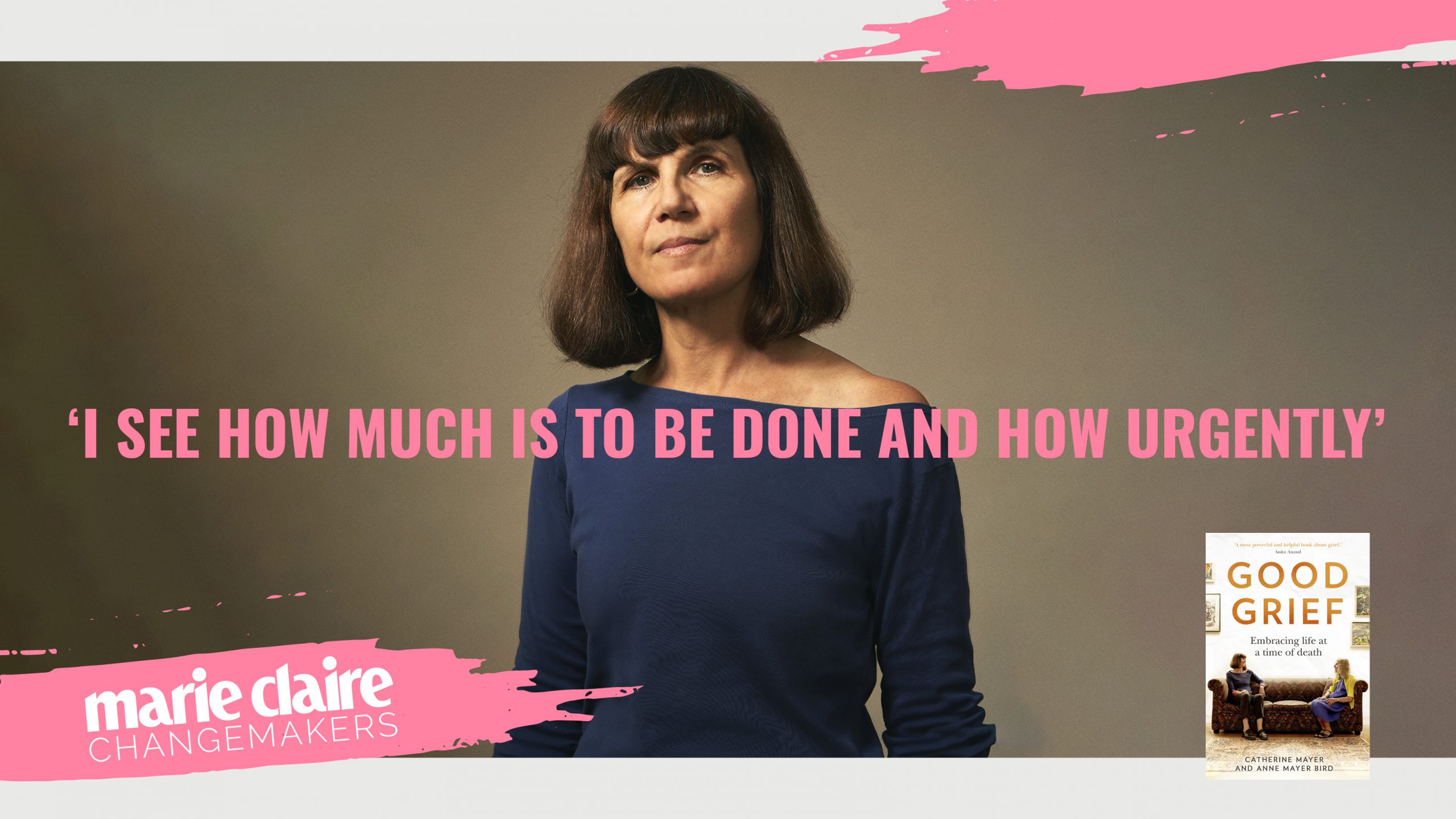 Catherine Mayer on women's rights: 'I see how much is to be done and how urgently'
Catherine Mayer on women's rights: 'I see how much is to be done and how urgently'Co-founder of the Women's Equality Party, Catherine Mayer, was married to influential musician Andy Gill until his death in Feb 2020. This International Women's Day, Mayer shares with affecting honesty how grief adds clarity to her life-affirming activism
By Maria Coole
-
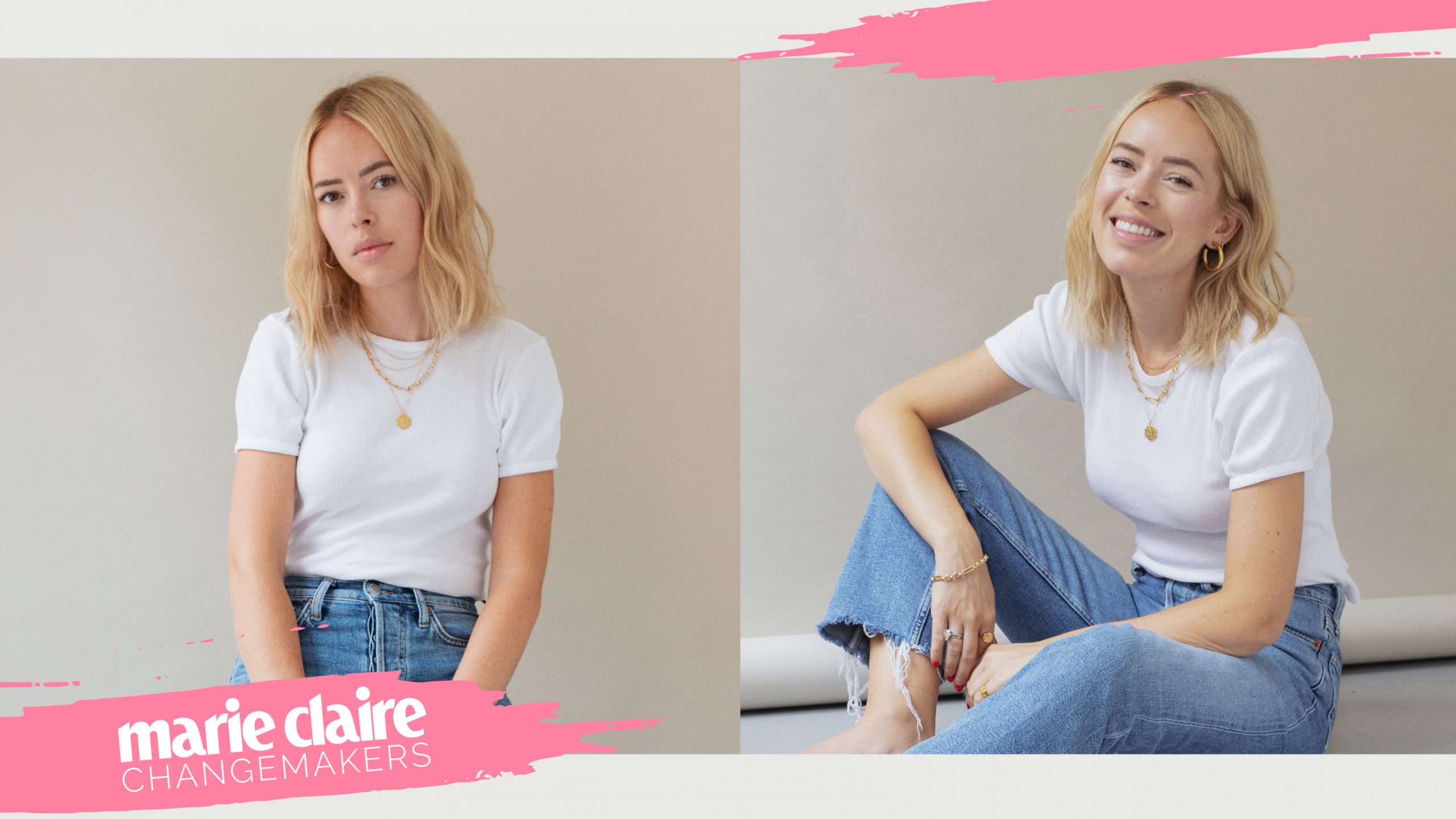 Tanya Burr shares her top 6 resources for educating yourself - and growing - this IWD
Tanya Burr shares her top 6 resources for educating yourself - and growing - this IWDThe theme of this International Women's Day is Choose to Change - let Tanya help you become a change-maker with her top resources.
By Ally Head
-
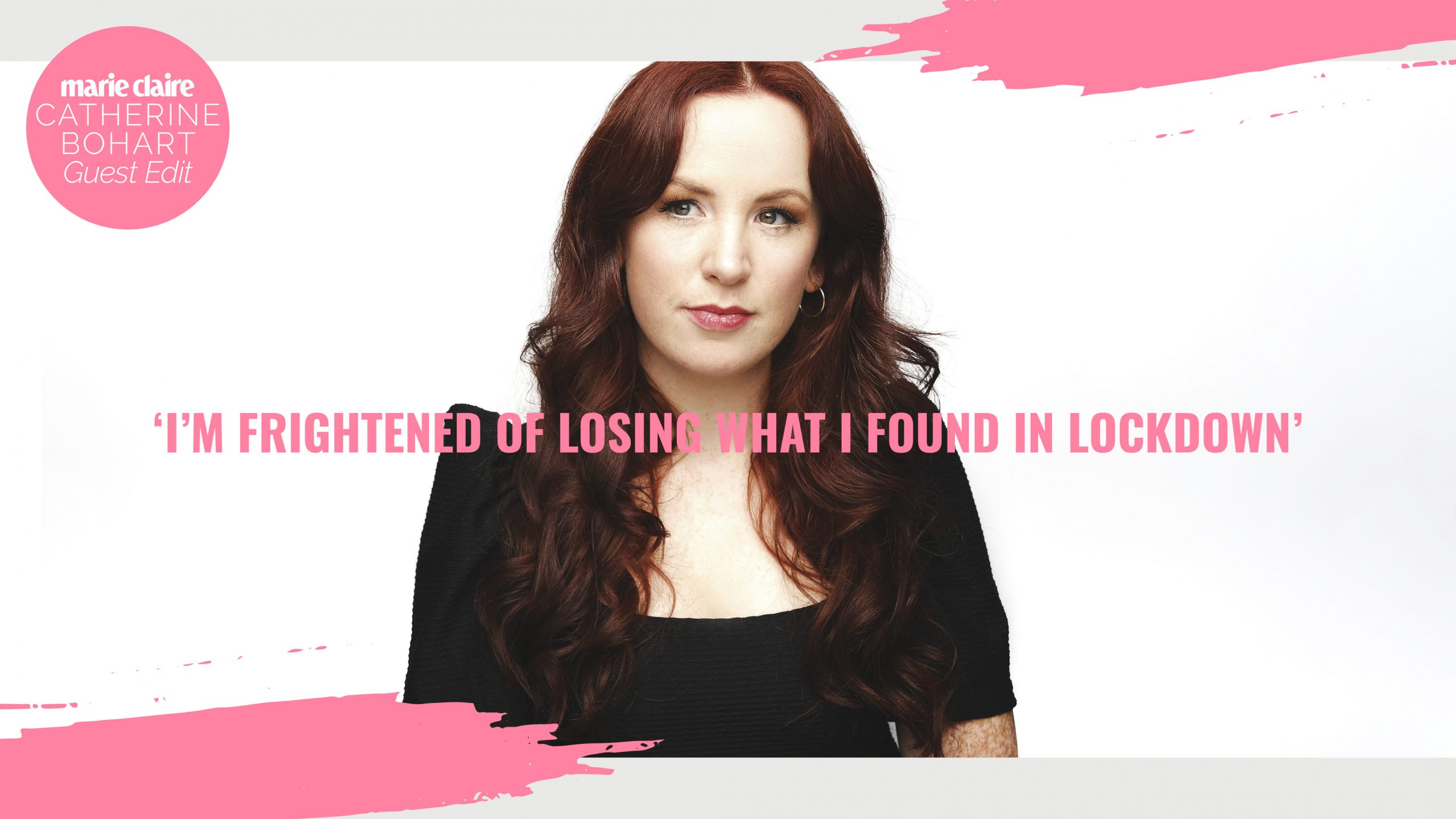 Catherine Bohart: 'I’m frightened of losing what I found in lockdown'
Catherine Bohart: 'I’m frightened of losing what I found in lockdown'Award-winning writer and comedian Catherine Bohart shares what her own lockdown mental health journey helped her discover
By Sophie Goddard